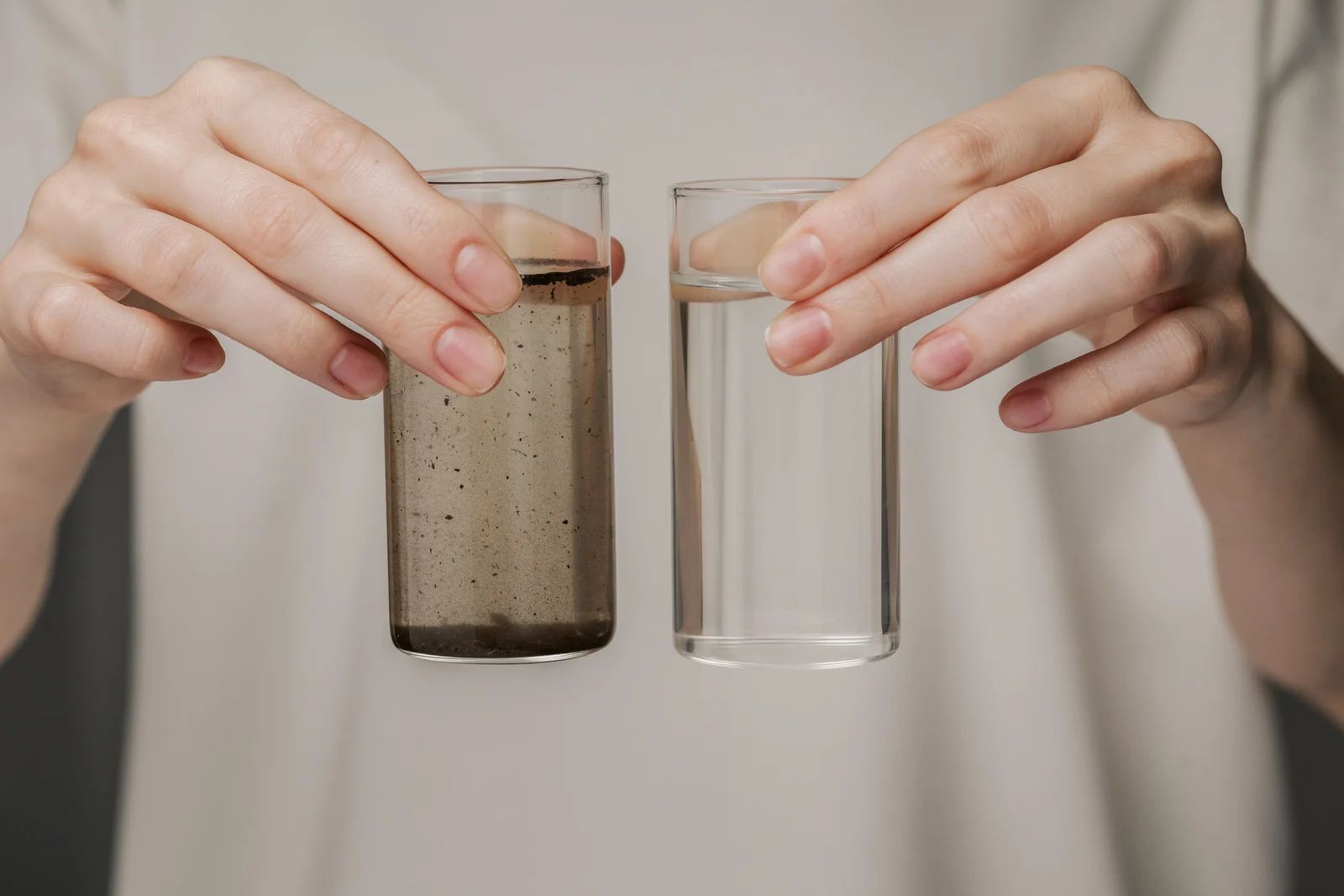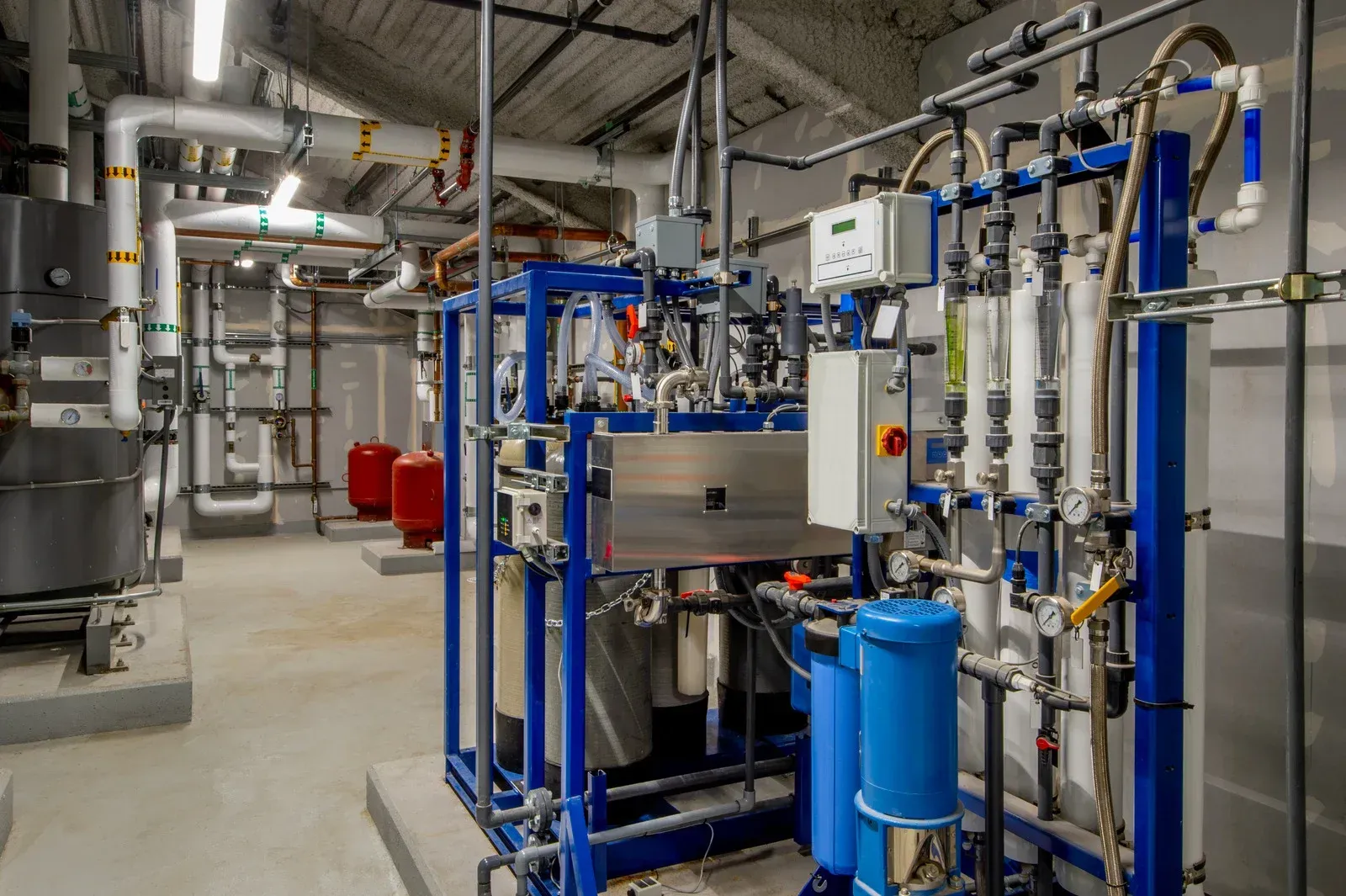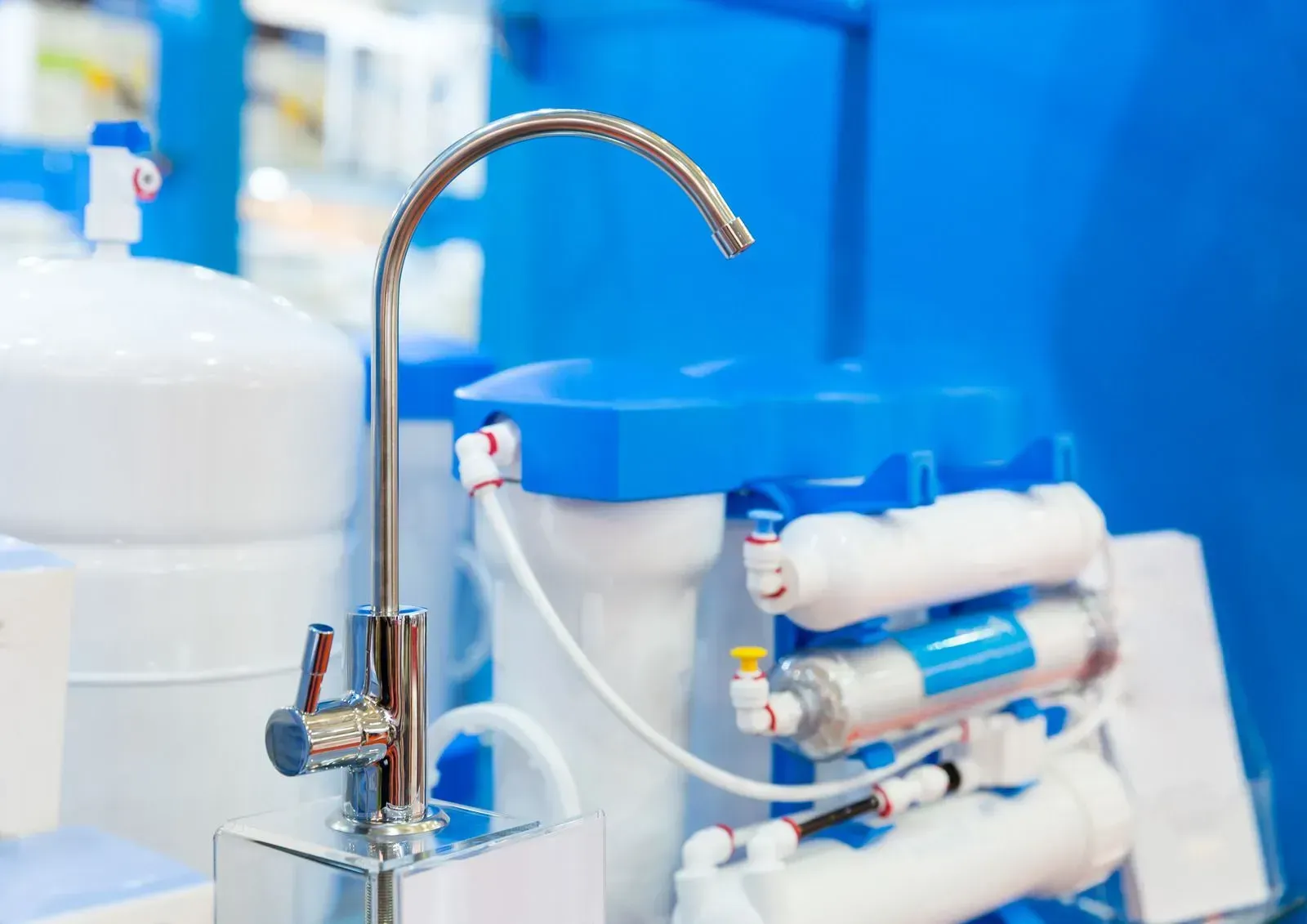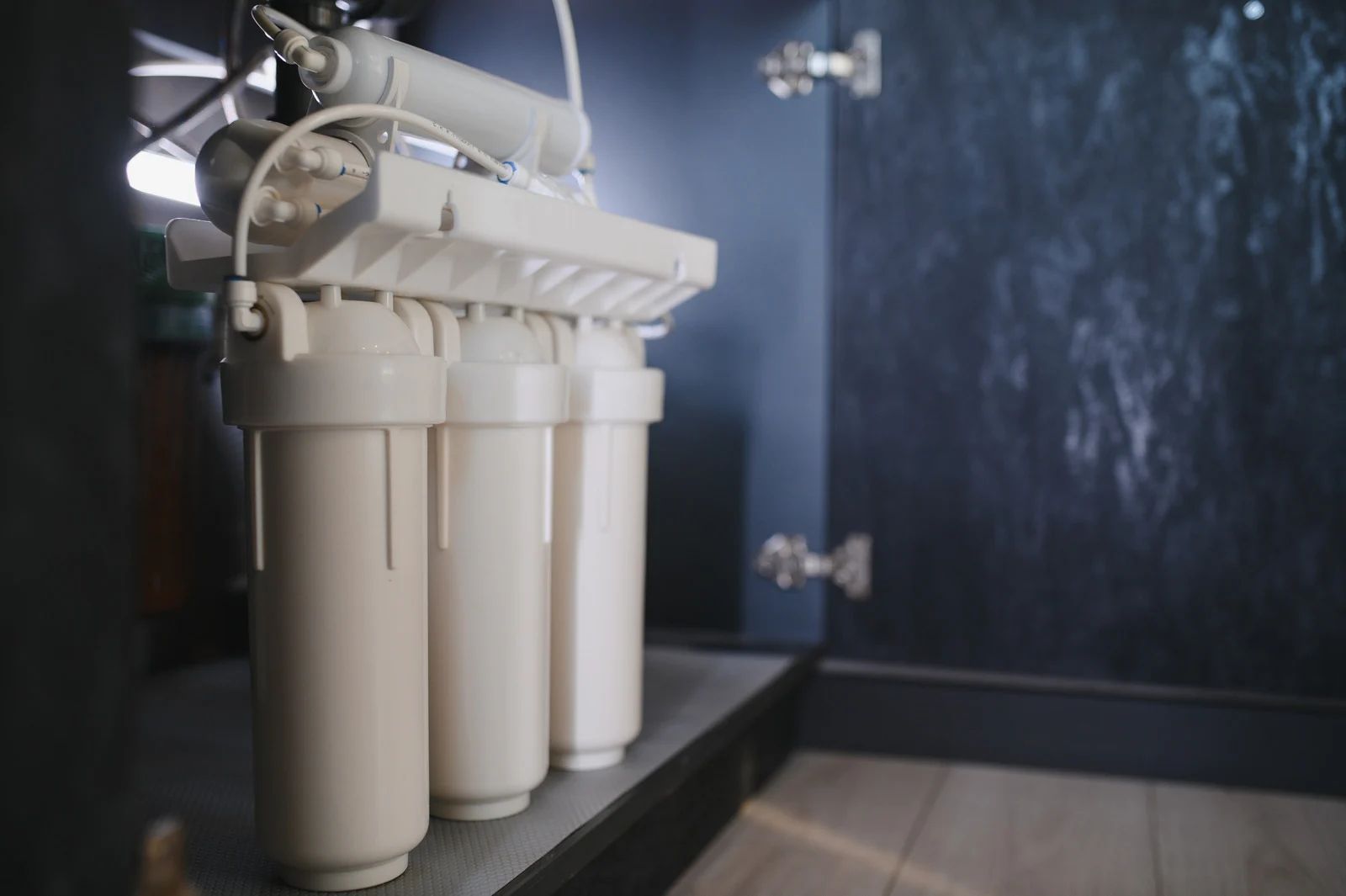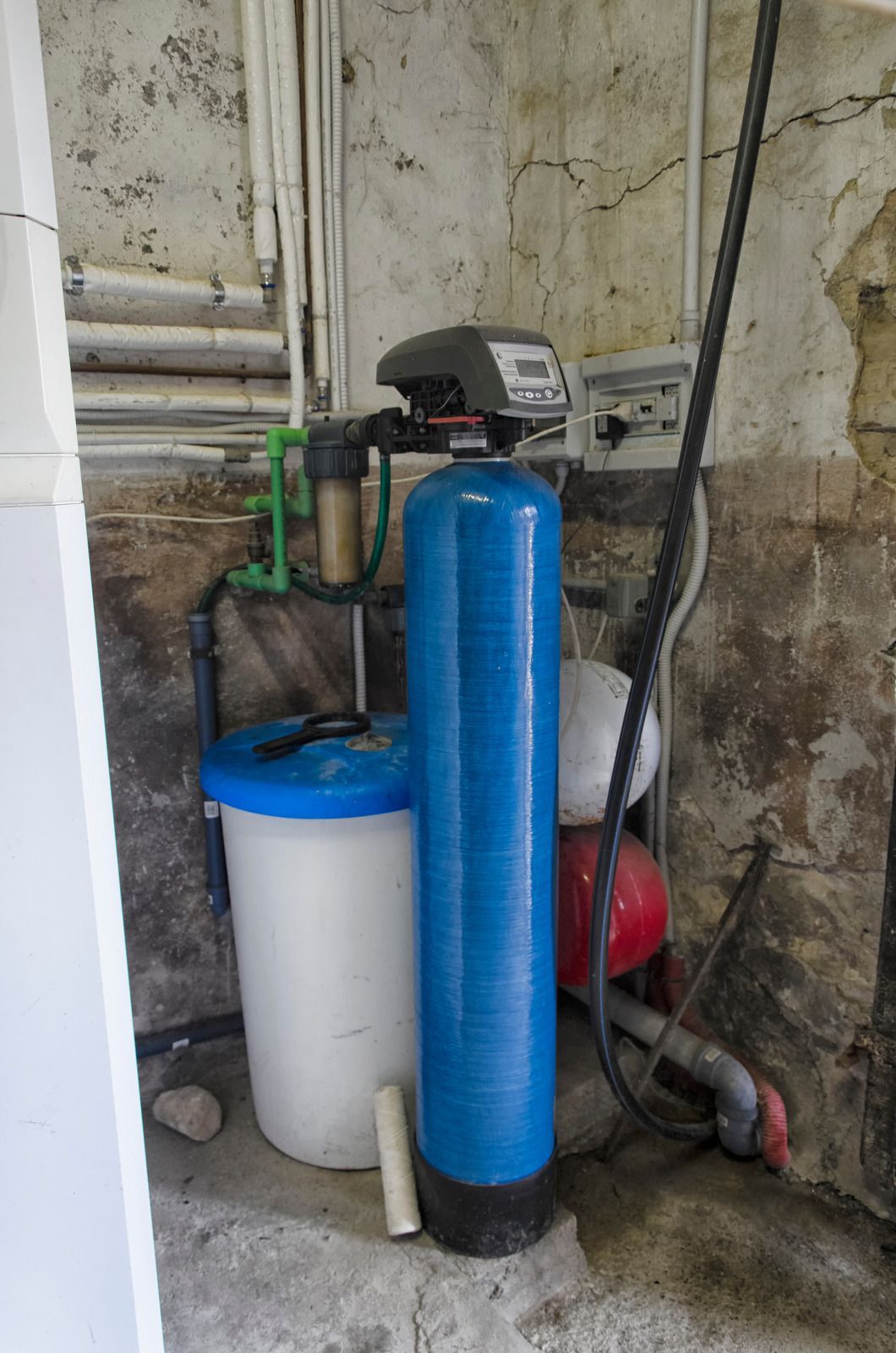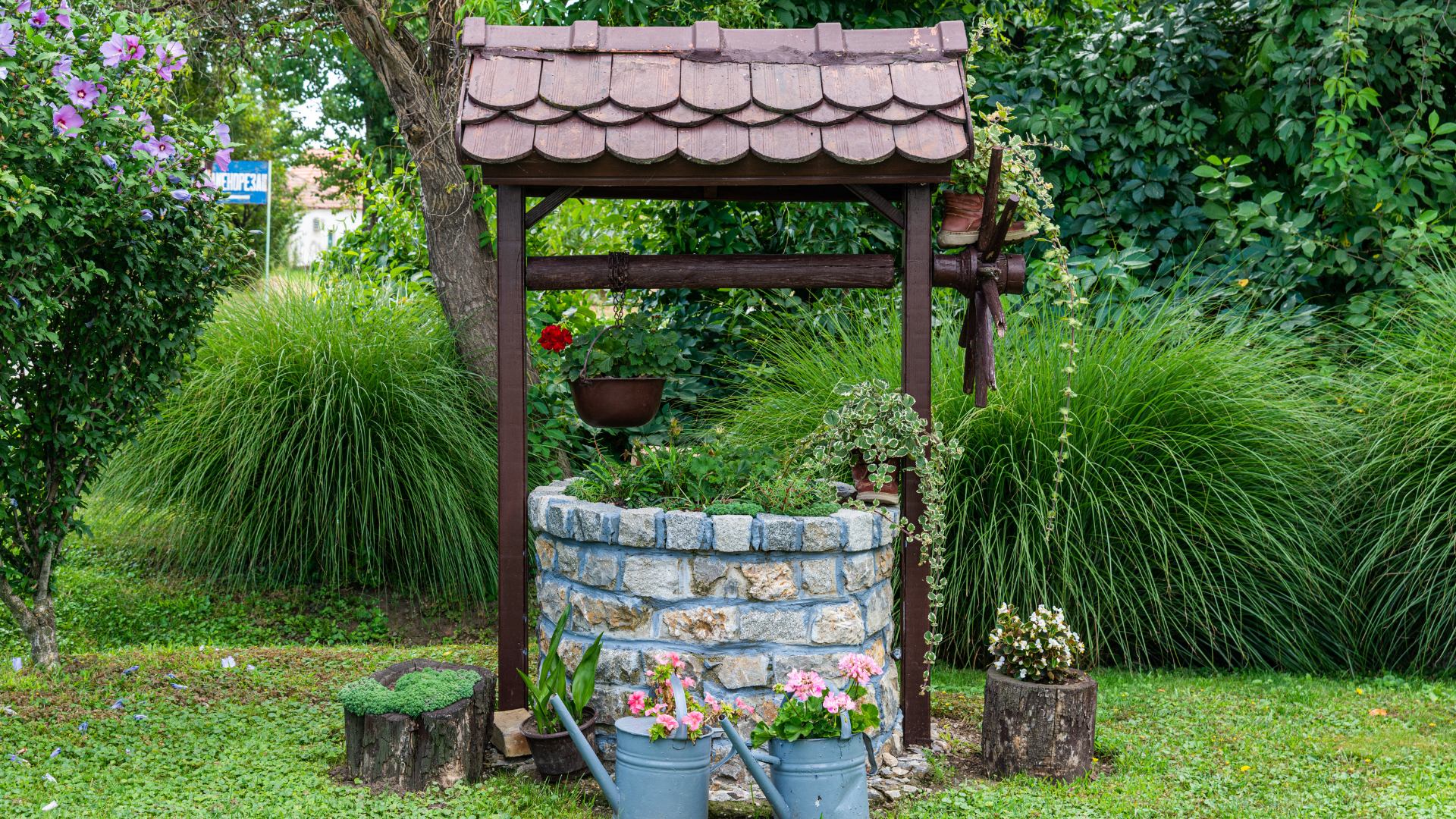Reverse Osmosis vs. Water Softeners: Which One Do You Need?
Clean and safe water is a priority for every homeowner, but choosing the right water treatment system can be confusing. Two popular options are
reverse osmosis (RO) systems and water softeners, each serving a unique purpose. RO systems focus on removing contaminants for drinking and cooking, while
water softeners tackle hard water problems that can damage appliances and plumbing. Understanding the difference between these systems is essential to make the best decision for your home’s water quality. Let’s explore how each system works, its benefits, and which one is right for your specific needs.
Comparing Reverse Osmosis and Water Softeners
1. How Reverse Osmosis Works
Reverse osmosis is a filtration process that forces water through a semi-permeable membrane, removing up to 99% of dissolved contaminants. It effectively eliminates lead, chlorine, fluoride, nitrates, and even bacteria, providing pure drinking water. RO systems are usually installed under sinks or as whole-house filtration for homeowners seeking high-quality, contaminant-free water.
2. How Water Softeners Work
Water softeners don’t filter contaminants; instead, they remove hardness-causing minerals like calcium and magnesium through an ion-exchange process. This prevents scale buildup in pipes, water heaters, and appliances. Softened water also improves soap lathering, reduces spots on dishes, and extends the lifespan of your plumbing system.
3. Key Differences in Function
The primary difference is purpose: Reverse osmosis focuses on water purity for consumption, while softeners protect your plumbing and improve water usability. Many homes in areas with hard water and potential contaminants benefit from using both systems together—softeners for protection and RO for safe drinking water.
4. Maintenance and Cost Considerations
RO systems require filter changes every 6–12 months and occasional membrane replacement. Water softeners need periodic salt refills and occasional servicing. While water softeners typically have lower operating costs, an RO system may be a better investment if drinking water quality is your primary concern.
5. Which System Do You Need?
If your main concern is hard water damaging your pipes and appliances, a water softener is ideal. If you’re worried about water safety and contaminants, reverse osmosis is the way to go. For complete protection, consider using both to enjoy soft water throughout your home and pure drinking water at the tap.
Trust Love My Home Services
for Expert Guidance
Making the right water treatment choice ensures your home remains safe, efficient, and comfortable. In DeBary, FL, homeowners trust Love My Home Services for, water testing and analysis, reverse osmosis system installation, water softener installation and servicing, and whole-home water purification solutions. With 26 years of experience in water treatment and purification, our team delivers reliable solutions to protect your home and family. Serving DeBary and surrounding Florida communities, we are your trusted partner for cleaner, healthier water.
